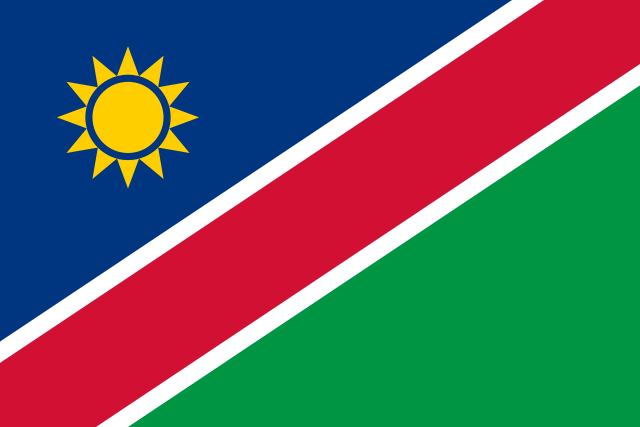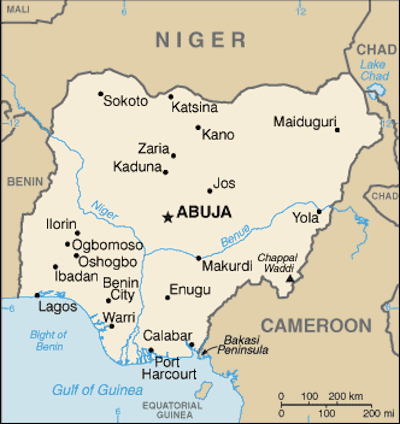In a potentially huge development, observers and Kurdish fighters say ISIS staged an attack on the north side of the border town of Kobani — previously besieged on just the other three sides — by crossing through Turkish territory.
Turkey denied this version of events, but it’s not totally implausible. The border is heavily mined there, so such an attack would probably require some complicity by low-level border checkpoint guards, but the latter have previously been a bit lax about stopping Sunni Arab militants from crossing for the right price.
Here’s what each side says happened:
The Britain-based Syrian Observatory for Human Rights and a Kurdish official in the town, Idris Nassan, said the vehicle used in the dawn car bombing had come from Turkish territory.
Prime minister Ahmet Davutoglu’s office said in a statement that while Islamic State had attacked several parts of Kobani, including Mursitpinar, it was “definitely a lie” that the vehicle used in the bombing had crossed from Turkey.
[…]
The observatory said a second bomber detonated an explosive vest in the same area before two more suicide attacks hit the southwestern edge of the town.
Turkey’s pro-Kurdish HDP party said the militants were using state grain depots on the Turkish side of the border as a base from which to attack Kobani and described their presence in an area patrolled by Turkish security forces as a “scandal”.
An alternate explanation supporting Turkey’s version would involve ISIS fighters driving very carefully and undetected through the very narrow gap between the northern edge of the town and the border fence, but the witnesses on the Kobani side of the border seem pretty convinced (according to the report above, at least) that the vehicle had crossed the border.

Labeled overhead map of Kobani / Ayn Al-Arab, Syria, showing its relationship to the Turkish border crossing bottleneck on the north side. The empty band of space is a fenced-in border buffer with land mines. Click map to enlarge or click here to navigate in Google Maps.










